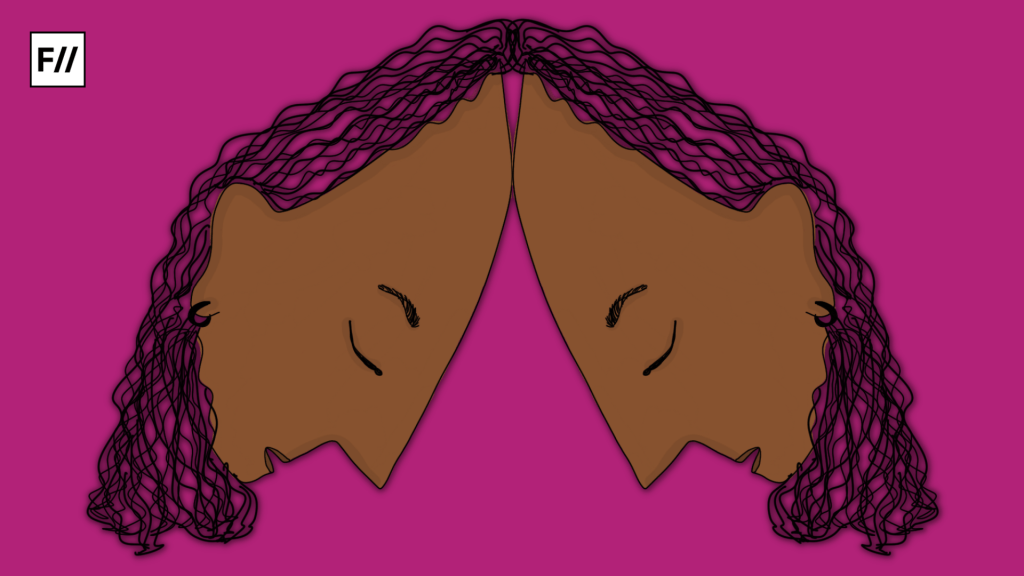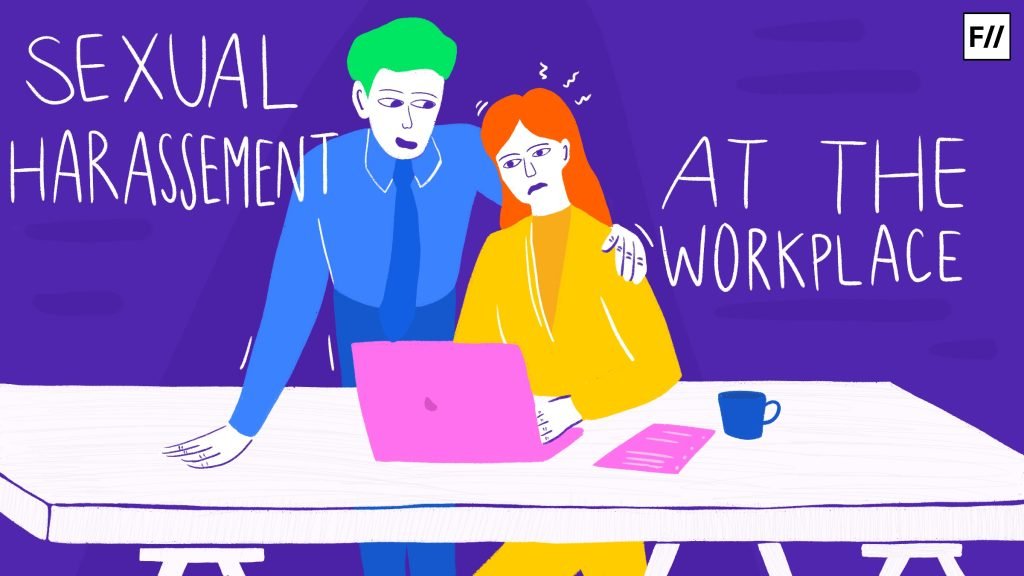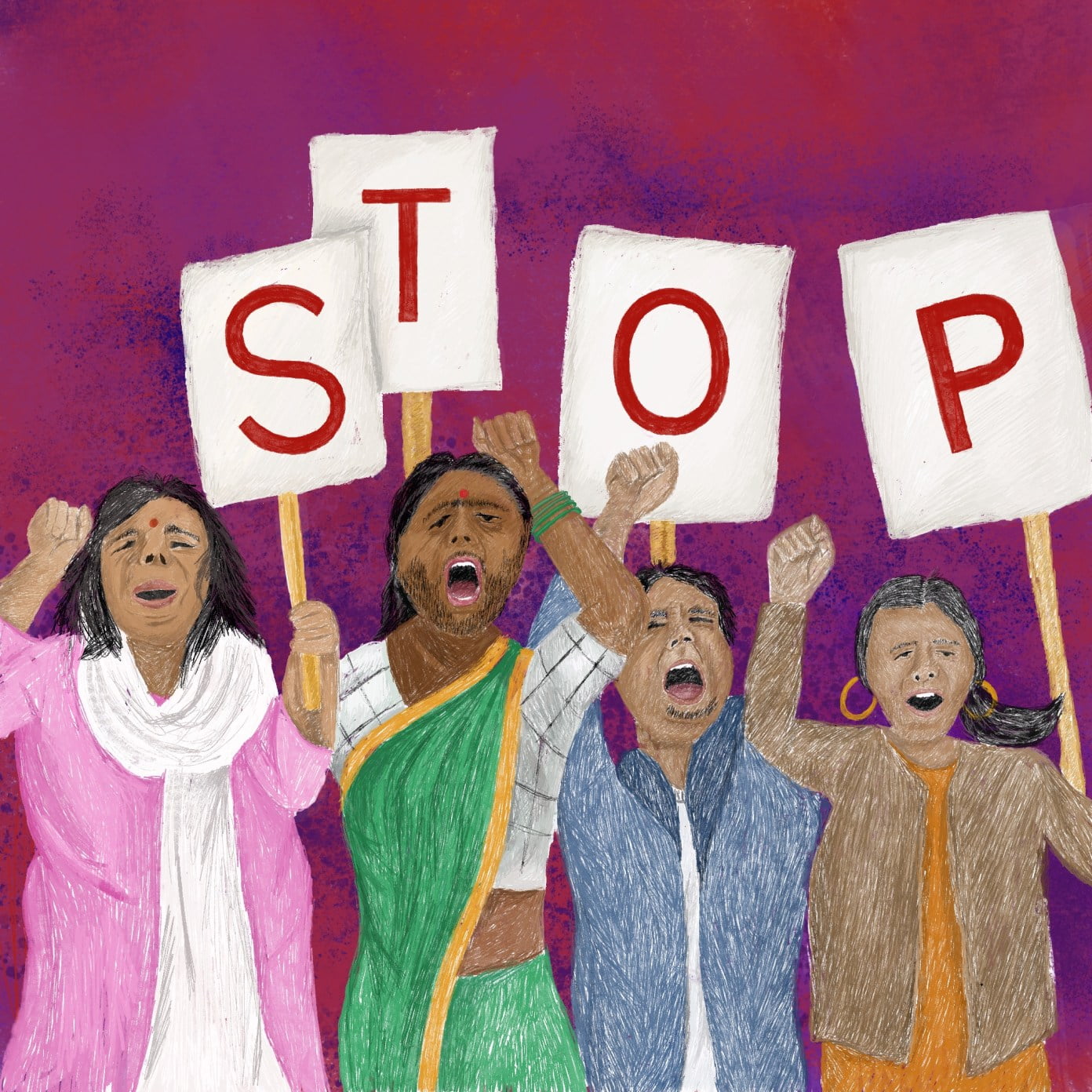A recent report published by The Quint consisted of three individuals pursuing a PhD who have undergone mental and sexual harassment by their supervisor. The report consisted of detailed emotional and physical distress faced by the victims including severe migraine, anxiety, depression and even severe retinal haemorrhage. All of such distress was caused by the misogynistic and toxic behaviours carried out by the supervisor that these students under guidance had to face.
The report unravels a deep-seated misogynistic pattern that these victims had to face including comments like “go sexually satisfy your man,” emotional abuse as such “they made us sit for hours and do Google searches for our paper,” and causal sexual remarks “Drumsticks (vegetables) are healthy as they boost sexual drive,” and sexist remarks as “whether the victim should make male friends or not.”
The women in deep stress tried seeking refuge by filing a complaint to the department’s director and a victim even lodged a report, however, every step towards these individuals was ignored. The supervisor was accused of his constant misconduct and inappropriate sexual comments, which even forced a student under his guidance to withdraw due to severe anxiety and insomnia. A report like this questions an important issue of women’s safety in academic spaces and the support system these spaces offer. This report calls for immediate and comprehensive action to proclaim academic spaces that are free and safe for all.
A horror tale recalled
It is unfortunate how history repeats itself in the worst ways possible. In 2019 the long-lasting protest on the same premises of Jamia Millia Islamia against Professor Hafeez Ahmad, the Head of the Fine Arts Department, was also brought under similar limelight with numerous allegations of sexual and mental harassment. Complaints from the students consisted of misogynistic comments, unwanted flattering text messages and inappropriate behaviour propagated by Ahmad which included screaming, derogatory comments and continuous humiliation.

The alleged was also called to be biased, intimidating an immense user of abusive language; his derogatory behaviour was also xenophobic towards the Kashmiri students as he called them “terrorists.” Ahmad was often seen screaming and scolding his students calling our inappropriate questions and humiliating his students on a personal level.
Maheen Haidri, a student of Hafeez Ahmad, returned to mark a space of hers in the protest and voice the mental torture she faced under the mentor. Even with due voicing out multiple complaints the university’s Internal Complaints Committee claims not to have received any formal complaints. The students called the protest to hold Ahmad accountable and take necessary action if Ahmad is found guilty.
According to Newslaundy: The administration said, “We cannot just remove the HoD at the students’ request as there is a due process to follow in this case. Both sides will be heard and action will definitely be taken if found guilty.”
POSH Act, 2013
The Prevention of Workplace Sexual Harassment Act of 2013 was enacted 16 years after the Supreme Court of India’s landmark judgement in Vishaka and others v. State of Rajasthan (“Vishaka Judgement”). The SC ruled in the Vishaka Judgment and laid down guidelines making it mandatory for every employer to provide a medium to redress grievances existing in the workplace regarding sexual harassment and enforcing the right to gender equality of working women (“Guidelines”).

The Prevention of Workplace Sexual Harassment Act defines ‘sexual harassment‘ as being parallel to the Vishaka Judgment by the Supreme Court. It consists the uncalled ‘sexual’ behaviour be it directly forwarded or indirectly, including physical contact and advances, demands or requests for sexual favours and remarks, showing pornography, and any other unwelcome physical, verbal, or non-verbal conduct of a sexual nature. The Act additionally, includes the circumstances where there is an existing bias, or any certain preferential treatment and the threats of detrimental treatment, interference with work, or creating a hostile work environment that could affect the employee’s health or safety.
Under the POSH Act of 2013, organisations with 10 or more employees must establish an Internal Complaints Committee (ICC) to address sexual harassment grievances. The ICC is to be led by a woman and includes two other employees with relevant experience be it working in an NGO or any gender-affirmative terms. The Act necessitates at least half of the people to be women and must consist of three members present to conduct inquiries. The tenure of the members of ICC lasts up to three years.
With the POSH Act of 2013, the safety of women has been safeguarded with the establishment of ICC. However, there is a dearth of such ICCs and their proper functioning in academic spaces remains in question as highlighted by the recent allegations.
Academic spaces and women’s safety
Academic spaces ought to be safe spaces for women to work in. However, with the truth in front, the spaces have been proven to be remarkably unsafe. It wasn’t until April when the women of Jawaharlal Nehru University broke out a protest regarding the ‘unsafe environment,’ for women. JNU which is said to be one of the safest institutes have been recently proclaimed as one the unsafest by their students. Sakshi, a 19-year-old female student was openly harassed by the alleged ‘right-wing,’ individuals. Sakshi on reaching ICC was ignored. She was disappointed with the slow working of the university administration, the survivor had called for an indefinite strike to call for the support of the Jawaharlal Nehru University Student Union (JNUSU) and students familiar with her.

Several colleges have been trespassed by the mobs of men. University of Delhi colleges like Gargi College (2020), Indraprastha College for Women (2022) and Miranda House (2022) students have seen horrific incidents of such harassment. Women of the college have called for protests to get justice against the lack of security. Such horrific incidents have been proven to be a reality for many colleges.
A recent study conducted in 2018 by the University Grants Commission (UGC) of the Ministry of Education, suggests that out of 188 universities, at least 171 reported complaints of sexual harassment. According to the data corroborated there is an increase of 50 percent of increase of sexual harassment faced by women in colleges from the past year. In the year of 2019 a UGC study reported that among the 188 universities, 29 of them have not formed an ICC.
The horror stories don’t stop yet, even in 2021 a student was arrested for allegedly drugging and raping a batchmate. The female student was brought into an unconscious state. It is unfortunate how we have more cases to report than what action and measures have been taken by the institutes for the protection of women.
The UGC also divulged the University Grants Commission (Prevention, Prohibition and Redressal of Sexual Harassment of Women Employees and Students in Higher Educational Institutions) Regulations, 2015.
Sexual harassment of women persists as a universal problem and its gravity is felt and concerned all around the world. Every woman at the place of work and study, who falls within the jurisdiction of the educational institution, including its, academic, and nonacademic staff and students should be protected from sexual harassment, intimidation and exploitation.
The Indian judicial system strives to inculcate women’s safety through fundamental rights, however, the colleges on the grassroots level should make their committees and Women Development Cell (WDC) much stronger and reliable.
About the author(s)
Kulsoom Faiz (she/they) is a Delhi based free lance journalist, She writes on gender, culture and on marginalised communities.





